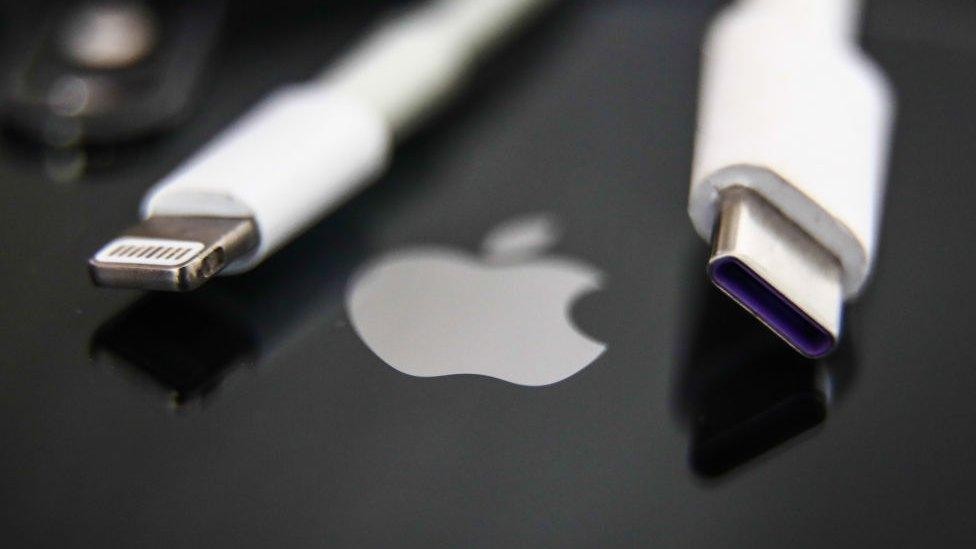
The United Kingdom is considering following in the footsteps of the European Union and India by potentially adopting USB-C as the standard charging port for consumer electronic devices. This move could have far-reaching implications for both manufacturers and consumers across the country.
Government Consultation Underway
The Office for Product Safety and Standards, a division of the Department for Business and Trade, has initiated a consultation process to gather input from key stakeholders. Manufacturers, importers, distributors, and trade associations are being asked to weigh in on the potential benefits and challenges of implementing a common charging standard, with USB-C being the primary candidate.
The government body stated, "We are seeking views... as to whether it would be helpful to [introduce standardized requirements] and, if so, whether this should be based on USB-C – as adopted by the EU."
Global Trend Towards Standardization
This potential move aligns with a growing global trend. The European Union has already passed legislation mandating USB-C as the standard charging port for a wide range of devices, including smartphones, tablets, and headphones. This law is set to take effect by the end of the year.
India has also announced similar plans, with a deadline of March 2025 for manufacturers to comply. Both the EU and India have extended deadlines for laptops, giving manufacturers until 2026 to implement the changes.
Potential Benefits and Considerations
The primary motivation behind these standardization efforts is to reduce electronic waste generated by proprietary cables and chargers. A common standard could simplify charging for consumers and potentially reduce the number of chargers produced and discarded.
However, if the UK decides to implement a different standard, it's likely that manufacturers would simply provide adapters rather than creating UK-specific versions of their devices.
Impact on Manufacturers
The move towards USB-C has already prompted significant changes in the industry. Most notably, Apple abandoned its proprietary Lightning connector in favor of USB-C with the release of the iPhone 15 series.
As the UK government continues its consultation process, both industry players and consumers will be watching closely to see how this potential standardization could reshape the landscape of consumer electronics in the country.